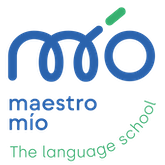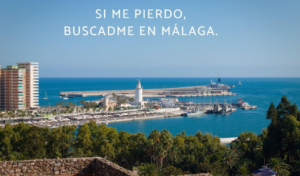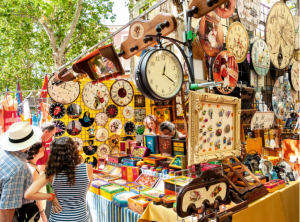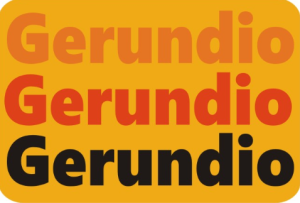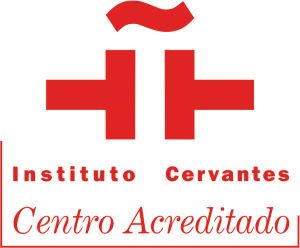In Spanish, dónde, donde, and a dónde sound similar, but they are not always used the same way. Maestromío is here to help you! Here’s a simple explanation to help you understand the difference.
📌 When to Use “Dónde”
✅ Dónde has an accent mark because it is an interrogative or exclamatory word.
It is used in direct questions (¿Dónde estás?) and indirect questions (No sé dónde vive).
📌 Examples:
- ¿Dónde está mi teléfono? (Direct question) → Where is my phone?
- No recuerdo dónde dejé las llaves. (Indirect question) → I don’t remember where I left my keys.
- ¡Dónde me metí! (Exclamation) → Where did I end up!

📌 When to Use “Donde”
✅ Donde does not have an accent because it is a relative adverb.
It is used to indicate the location of something without asking a question.
📌 Examples:
- Esta es la casa donde crecí. → This is the house where I grew up.
- El parque donde jugábamos ya no existe. → The park where we used to play no longer exists.
📌 Trick: If you can replace donde with “en el que” or “en el cual”, then you are using it correctly.
✅ With prepositions: It can be used with en, desde, hasta, etc.
- Volvemos al lugar desde donde salimos. → We are going back to the place from which we left.

📌 When to Use “A dónde”
✅ A dónde is used when there is movement toward a place.
It is similar to dónde, but the verb must indicate direction.
📌 Examples:
- ¿A dónde vas tan rápido? → Where are you going so fast?
- No sé a dónde ir de vacaciones. → I don’t know where to go on vacation.
📌 Trick: If you can replace a dónde with “hacia qué lugar”, you are using it correctly.
🚫 It is not the same as:
- ¿Dónde vives? (No movement, just location.) → Where do you live?
- ¿A dónde te mudaste? (There is movement.) → Where did you move to?

📌 Quick Summary
✅ “Dónde” → Used to ask or exclaim about a place. (With an accent mark).
✅ “Donde” → Used to indicate a place without a question. (No accent mark).
✅ “A dónde” → Used to ask about movement or direction.
📌 Example with all three:
- ¿Dónde vives? (Question) → Where do you live?
- Vivo en la ciudad donde nací. (Location) → I live in the city where I was born.
- ¿A dónde quieres ir mañana? (Movement) → Where do you want to go tomorrow?
And that’s it! Now you know when to use each one.
